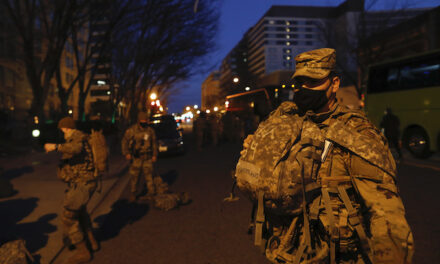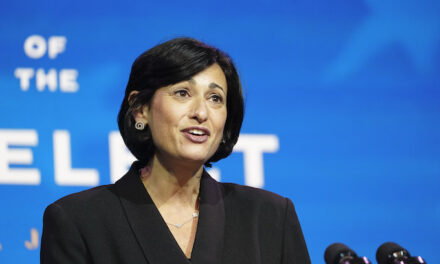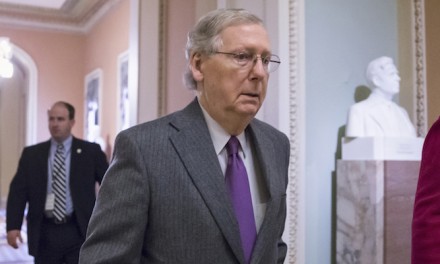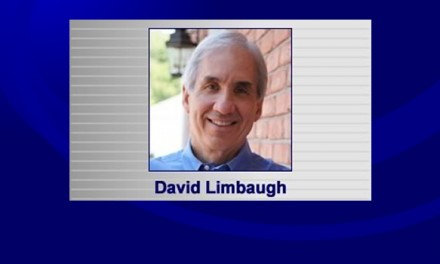Within the next few weeks, about four million high school seniors will graduate, and many will immediately hit the pavement searching for summer jobs. Overall, the labor market is deeply depressed, but for teens the outlook is particularly grim. Unemployment in the teen sub-group, defined as ages 16-24, has been averaging about 25 percent since the December 2007 recession, and is the highest since 1948. Hispanics and African Americans have suffered even higher unemployment with black teens hovering near 40 percent.
Remember too that the Bureau of Labor Statistics doesn’t consider potential workers who have stopped looking as part of the labor force, and therefore they aren’t officially counted as unemployed. This means official unemployment rates understate labor market weakness. Clearly, with teen unemployment at astronomically high levels, the last thing they need is a huge influx of more labor. Yet, each year thousands of workers are added to the labor pool under the State Department’s J-1 visa.
Foreign students admitted on a J visa as part of its Summer Work Travel (SWT) program work in restaurants, on beaches, in supermarkets, amusement parks and at other positions throughout the country doing jobs that American teens would eagerly do. Note: “summer” refers to the overseas students’ summer, not necessarily the U.S. June, July and August season. Defining summer so broadly allows foreign workers to stay into the winter and work, for example, at ski resorts.
In order to deflect criticism, the State Department refers to SWT as cultural exchange. But that benign descriptor hasn’t deceived the General Accountability Office, the State Department Inspector General or the Economic Policy Institute which reported that the J’s biggest beneficiaries are corporate employers. For employers, the J visa workers has no prevailing wage, and no mandatory requirement to pay employee’s Social Security, Medicare, or federal and state taxes, or obligation to advertise openings even in the most depressed urban areas. The GAO weighed in that SWT is less oriented toward cultural exchange than it is work-centered and, as currently implemented, a threat to American kids seeking work.
Summer jobs given to overseas youths, a phenomena social media accelerated, has crowded out citizen kids, and is an ongoing American worker displacement scheme that the federal government shows little interest in correcting. While the short-term consequences of summer unemployment are dire—no income to put toward a college education or to help out at home—the long-term fall out could be worse. After years of research, Andrew Sum, Northeastern University Professor of Economics and Director of its Center for Labor Market Studies found that the more teens work, the more likely they are to work in the years ahead as adults.
Cumulative work experience in the teen years positively influences the employability, wages, and training experiences of these youth well into their early to mid-20s and beyond. Teen employment for women leads to lower pregnancy rates; for men, it correlates with a lower tendency to drop out of high school, and lessened likelihood of delinquent behavior. Unlike J visa employment, working teens generate federal and state tax revenue for their communities as well as for state and federal governments.
The unanswered question is why Congress ignores the negative effect the J visa has on America’s youth, and is so willing to undermine millions of their futures. Answering that question is hard, however, when no one poses it.
——-
Joe Guzzardi is a Californians for Population Stabilization Senior Writing Fellow whose columns have been syndicated since 1987. Contact him at [email protected].
Joe Guzzardi ©2016 Joe Guzzardi and Capsweb.org. This column is distributed by Cagle Cartoons newspaper syndicate.



















Recent Comments